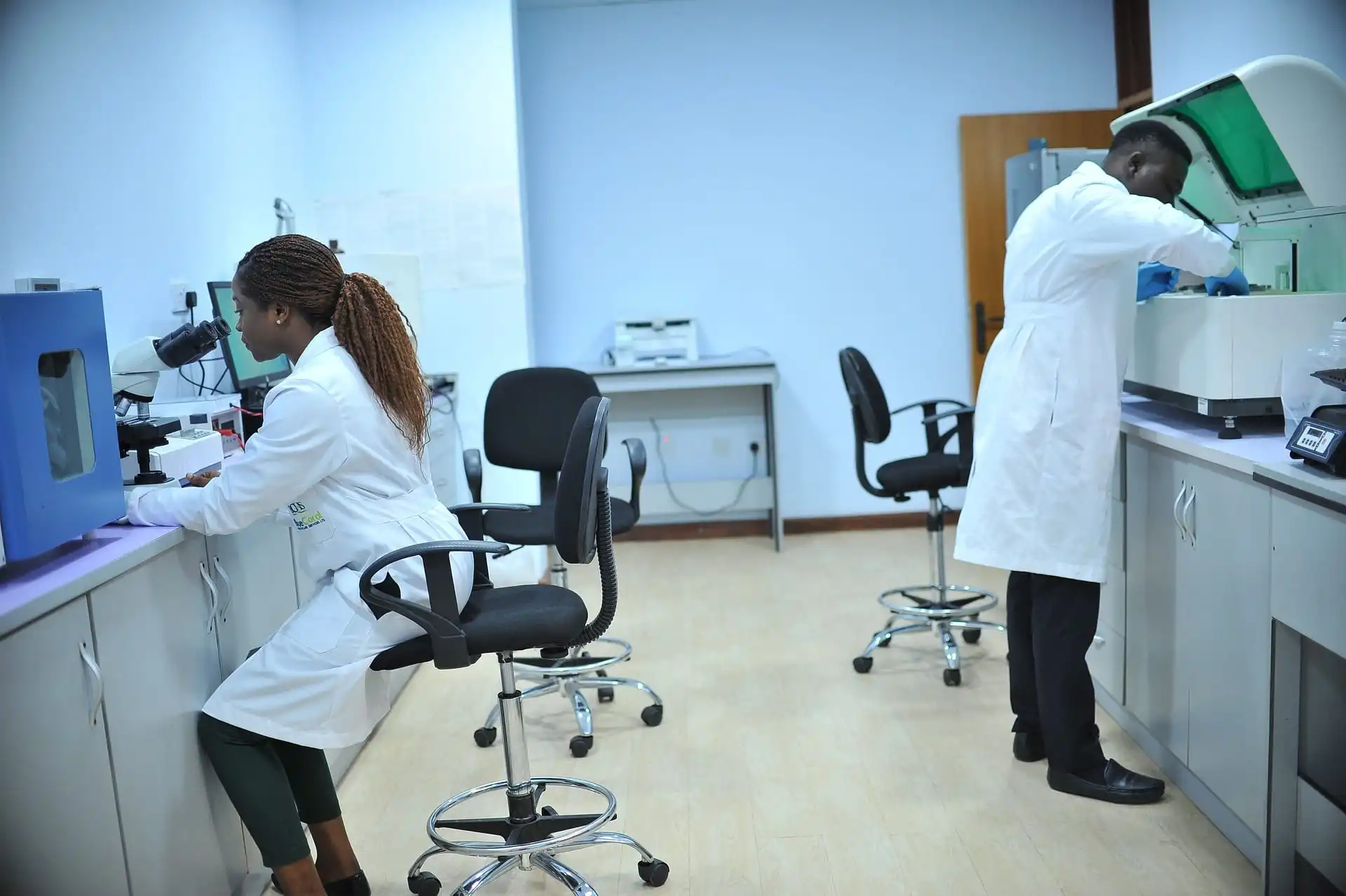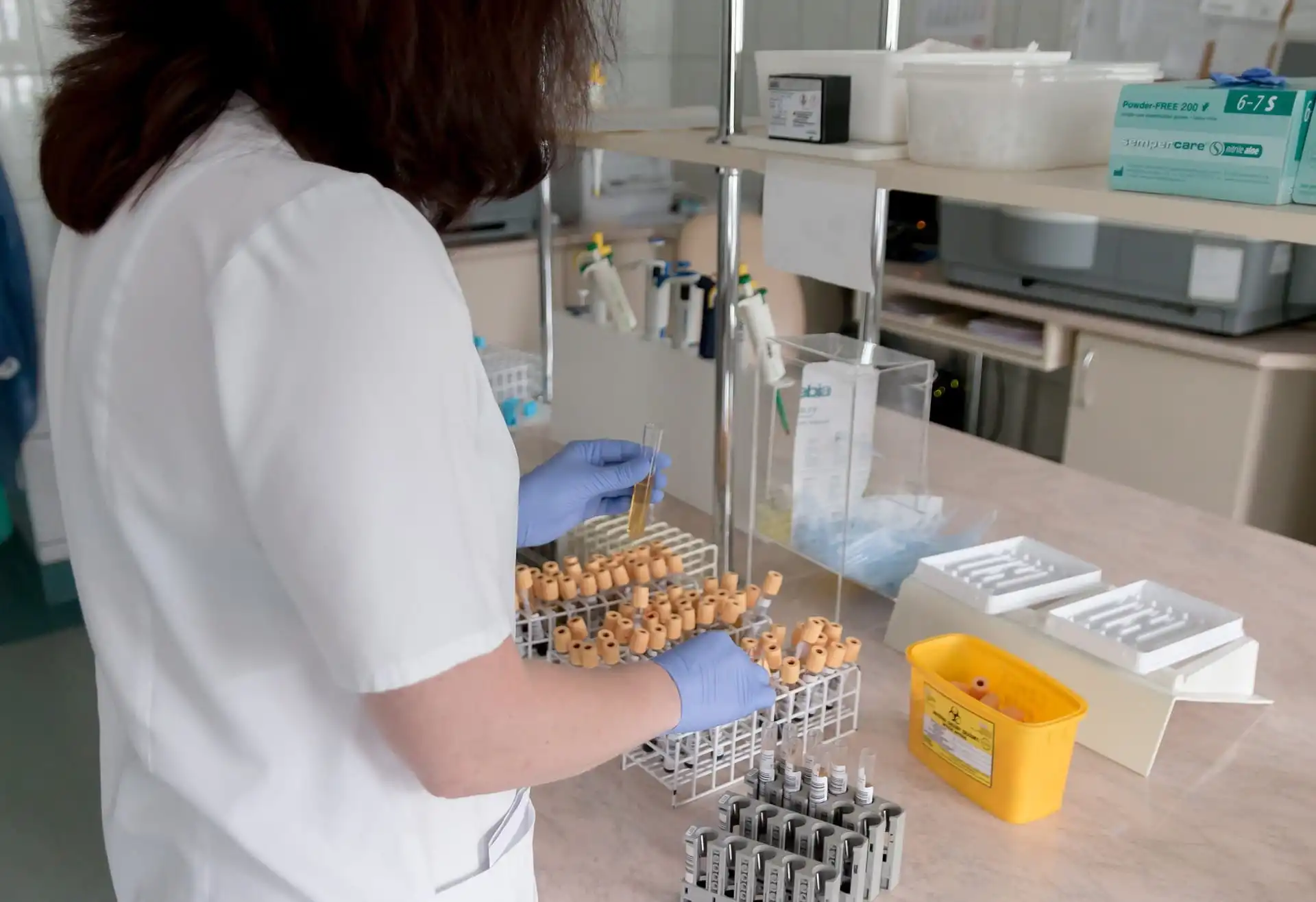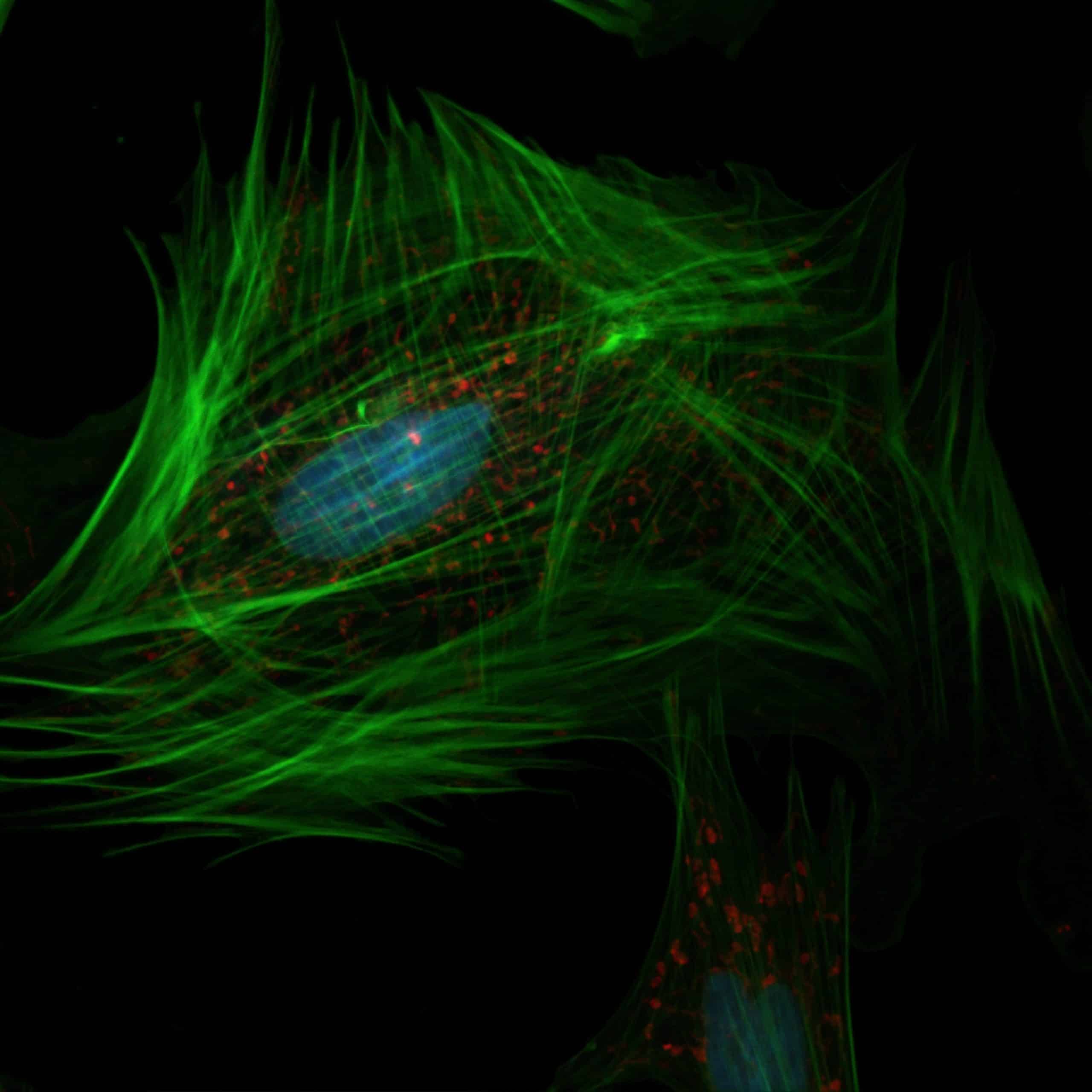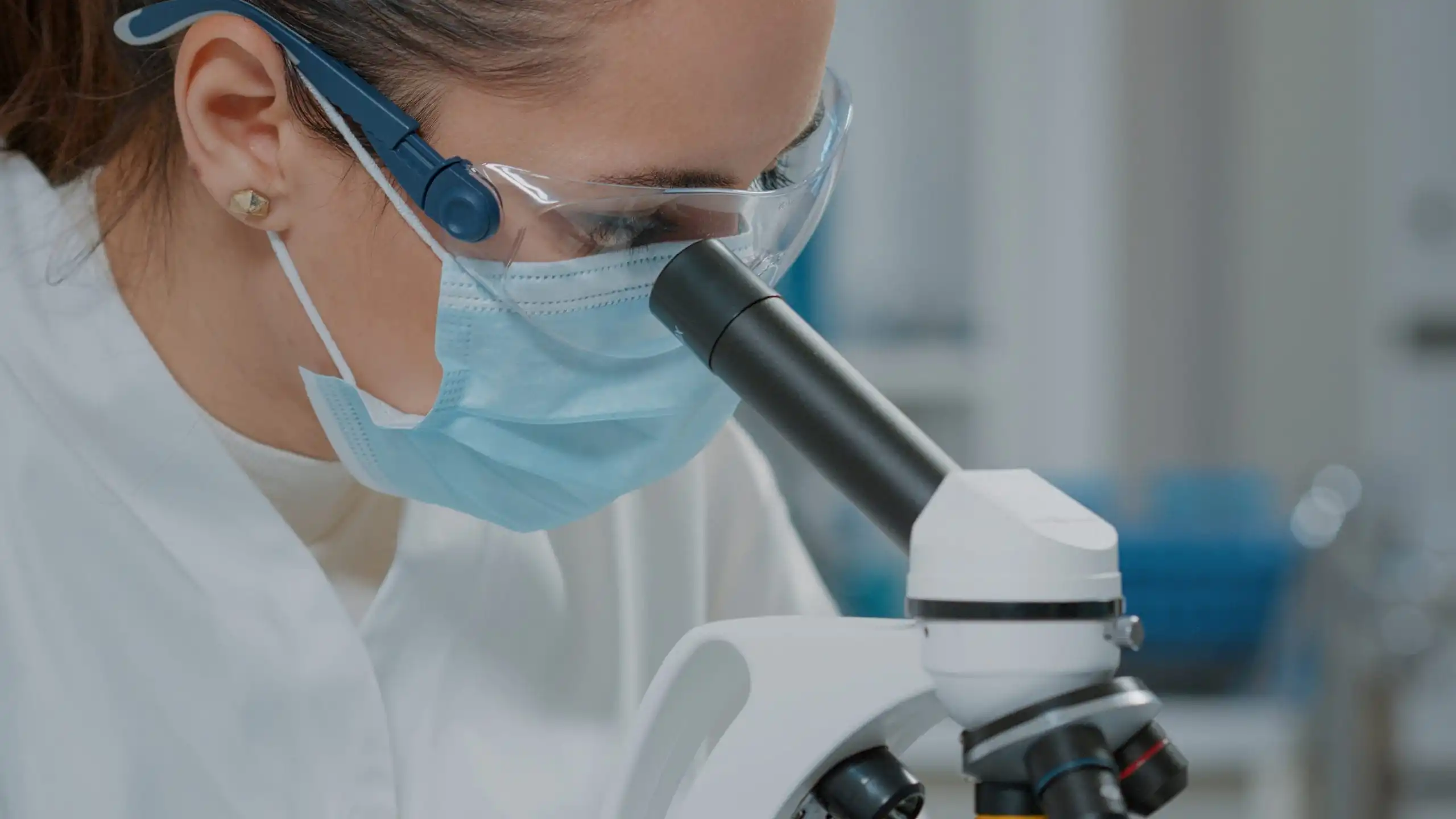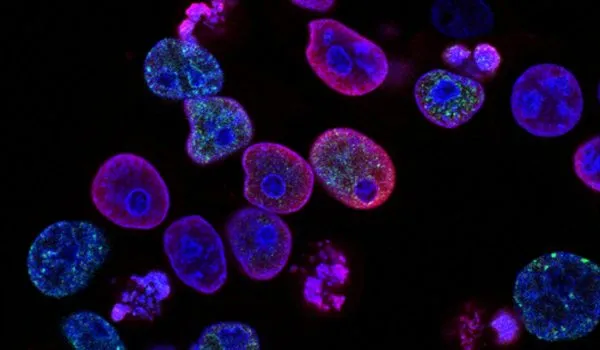
Doxycycline is a broad-spectrum antibiotic from the tetracycline class. The drug treats numerous bacterial infections and diseases caused by parasites. Patented in 1957, doxycycline came into commercial use in 1967 and is on the World Health Organization’s (WHO) List of Essential Medicines.
Table of Contents
What is Doxycycline?
Doxycycline is a generic medicine, and is also sold worldwide under multiple brand names to treat bacterial infections, acne, and diseases caused by parasites.
Get your requested raw materials quotation
Doxycycline History
Following the discovery of penicillin to treat bacterial infections in WWII, some chemical companies moved into the antibiotic industry. By the late 1940s, chemists at American Cyanamid discovered chlortetracycline, the first member of the tetracycline antibiotic class.
Following their discovery, Pfizer scientists discovered and brought terramycin to the market. While many scientists believed that these relatively natural products sufficed to combat infections, Pfizer scientists made further modifications that led to the invention of tetracycline, the first semi-synthetic antibiotic. Following further research, Pfizer scientists created doxycycline, which was approved by the US Food and Drug Administration (FDA) in 1967.
Doxycycline Uses
Doxycycline antibiotic treats infections caused by bacteria and some parasites. Doxycycline is also prescribed in combination with quinine to prevent malaria.
Doxycycline for Acne
Typical doxycycline doses for acne are 50 mg or 100 mg twice daily or 100 mg once daily. Some forms can be taken in two 20 mg doses or one 40 mg dose.
Doxycycline for Chlamydia
For people with uncomplicated genital chlamydia, the WHO recommends 100 mg of doxycycline orally twice a day for seven days.
Doxycycline for Gonorrhea
Research suggests that doxycycline is effective for uncomplicated gonorrhea at a 300-mg dose daily over three days.
Doxycycline for Syphilis
Doxycycline is recommended as therapy for syphilis at 100 mg orally twice daily for 14 days for early-stage syphilis and 28 days for late-stage syphilis.
Doxycycline for COVID-19
Doxycycline has been prescribed to treat COVID-19 respiratory symptoms in some parts of the world despite lacking evidence from clinical trials. Research from UK Research and Innovation (Department of Health and Social Care) suggests that treatment with the drug was not associated with clinically meaningful reductions in hospital admissions, time to recovery, or death.
Get your requested raw materials quotation
Doxycycline Brand Names
Doxycycline is sold worldwide under the following brand names:
- Acticlate
- Adoxa CK
- Adoxa Pak
- Adoxa TT
- Alodox
- Avidoxy
- Doryx
- Mondoxyne NL
- Monodox
- Morgidox
- Okebo
- Oracea
- Oraxyl
- Periostat Targadox
- Vibramycin Calcium
- Vibramycin Hyclate
- Vibramycin Monohydrate
- Vibra-Tabs
Doxycycline Effects
Doxycycline’s positive effects include treatment of some sexually transmitted diseases, skin issues and infections, acne, eye infections, malaria treatment, and respiratory infections.
How Doxycycline Works
Doxycycline inhibits bacterial protein synthesis through its binding action to a ribosomal subunit. This prevents amino acids from linking together. Since bacteria cannot function without proteins, doxycycline’s action as a bacteriostatic prevents bacteria from reproducing without killing them.
Doxycycline Pharmacokinetics
Doxycycline is nearly fully absorbed from the upper part of the small intestine and reaches peak blood plasma concentrations after 1-2 hours with an 80–90% binding rate. The drug penetrates nearly all body fluids and tissues, and very high concentrations are found in the liver, gallbladder, kidneys, bone, lungs, breast milk, and genitals. Low concentrations are found in cerebrospinal fluid, saliva, aqueous humour, and meninges.
Doxycycline metabolism is nearly insignificant, and the drug is actively excreted partly by the gallbladder and partly from blood vessels into the gut, and some is inactivated via chelate formation.
Doxycycline Risks & Side Effects
Side effects of Doxycycline include:
- Severe stomach pain
- Watery or bloody, diarrhea
- Throat problems or irritation
- Trouble swallowing
- Chest discomfort and/or pain
- Irregular heart rhythm
- Shortness of breath
- Weakness
- Severe headaches
- Ear ringing
- Dizziness
- Nausea
- Vision problems
- Pain behind eyes
- Infrequent to no urination
- Low white blood cell counts
- Pale skin
- Easy bruising or bleeding
- Fever
- Chills
- Swollen glands
- Body pains
- Loss of appetite
- Upper stomach pain that may extend to the back
- Fatigue
- Dark urine
- Jaundice (yellowing of the skin or eyes)
Seek emergency help from your medical provider if you have signs or symptoms of an allergic reaction that include hives, face swelling, difficulty breathing, severe skin reaction, fever, burning in your eyes, sore throat, skin pain, skin rash and/or blistering/peeling.
Doxycycline and Alcohol
Alcohol can affect doxycycline, according to the UK National Health Service (NHS).
Doxycycline and Pregnancy
According to the NHS, Doxycycline should be avoided by pregnant women.
Doxycycline and Breastfeeding
The UK NHS cautions against the use of doxycycline by breastfeeding women.
Doxycycline and Sun Exposure
According to the Mayo Clinic, doxycycline may increase skin sensitivity and cause rashes, itching, redness, discoloration, and severe sunburns.
What are the Contraindications
Doxycycline has both absolute and relative contraindications. Absolute contraindications mean that the combination of doxycycline with certain medications may be life-threatening. Relative contraindications suggest that there could be possible adverse effects and that doxycycline should be used with caution, provided that the benefits exceed the risks.
Absolute contraindications for doxycycline include:
- Tetracycline antibiotic allergies
- Individuals under eight years old
- Pregnancy or breastfeeding
Relative contraindications for doxycycline include:
- Allergies to other substances, foods, or medications
- Current diarrhea
- History of yeast infections
- History of lupus (autoimmune disease)
- History of porphyria (blood disease)
- Kidney disease
- Liver disease
- Recent colitis from the use of antibiotics
Doxycycline Price
Doxycycline is a prescription-only medication and is not available over the counter. In case you are in need of docycycline API, click here for a quote.
Frequently asked questions:
Doxycycline is a broad-spectrum tetracycline-class antibiotic used to treat conditions that include bacterial pneumonia, cholera, typhus, syphilis, acne, chlamydia, and Lyme disease.
Twice-daily doses should be taken 12 hours apart, according to the prescription. Single-day doses are taken once per day as specified by your health practitioner.
The standard doxy capsule dose is typically 100mg to 200mg, 1-2 times per day. Some prescriptions specify a lower dose, such as 20mg twice a day or 40mg once daily.
Doxycycline prevents bacterial protein synthesis by binding to ribosomal subunits and preventing the linking of amino acids. This prevents bacteria from reproducing without killing them.
Doxycycline is nearly fully absorbed following oral administration, with concentration reaching a peak limit after 2-3 hours. Infection-related symptoms may require up to 48 hours to abate.
Absolute contraindications for doxycycline include individuals under eight years of age, pregnant or breastfeeding women, and anyone with tetracycline antibiotic allergies.


